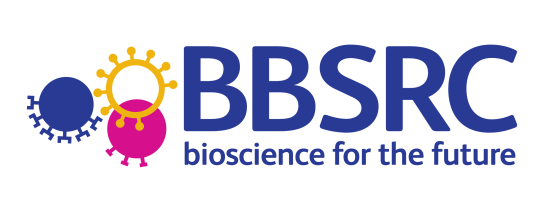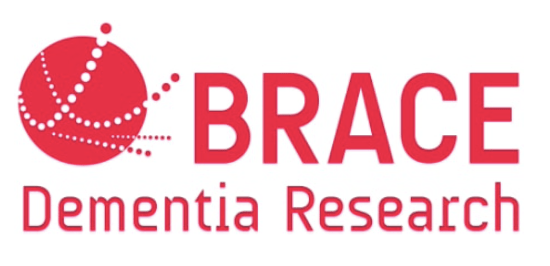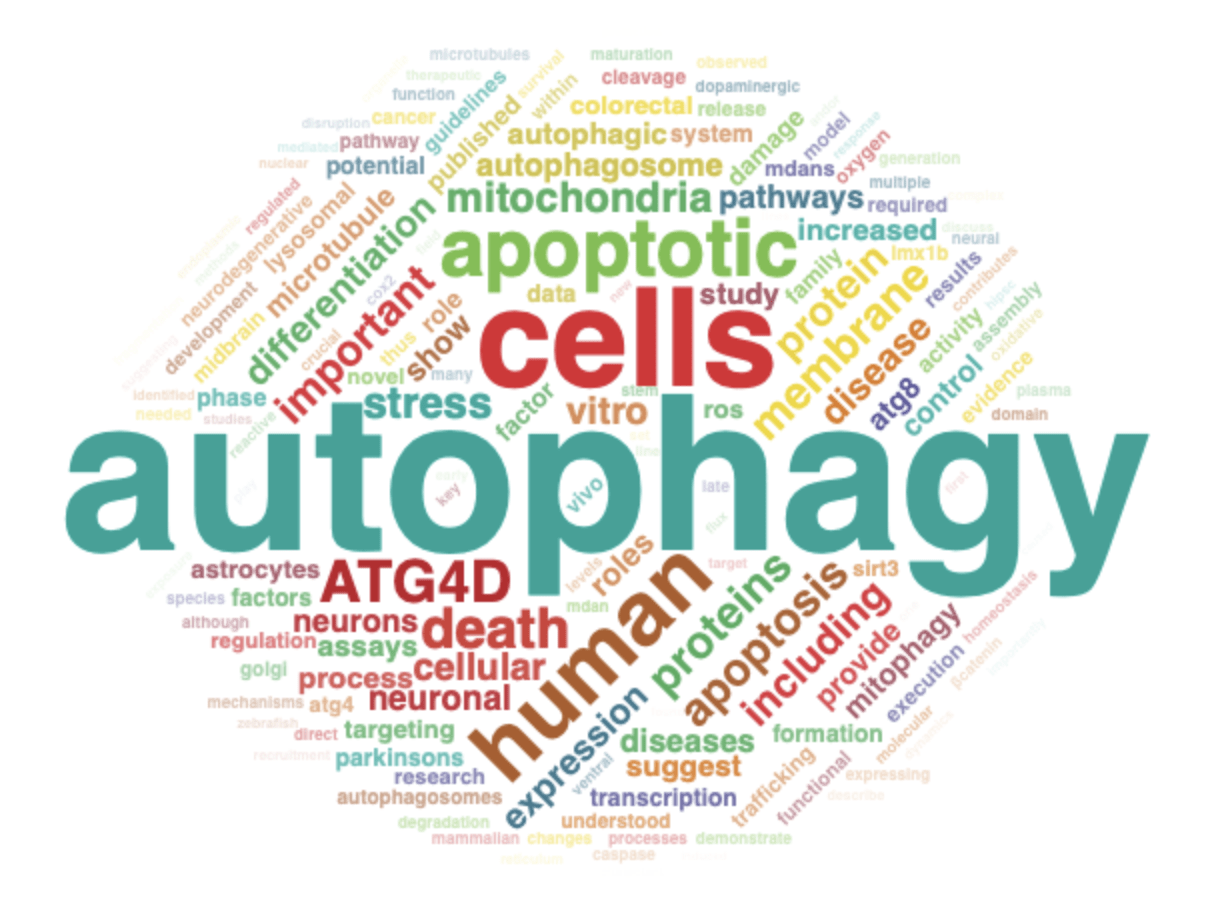
This word cloud is made using words from the abstracts of our publications over the years. These are the most commonly used terms, and are a good representation of what we do…..
We study how cells respond to stress during normal physiology and during disease. This includes cell autonomous responses (general changes in cell behaviour that can include apoptosis and autophagy), and non-cell autonomous responses including inflammatory signalling. 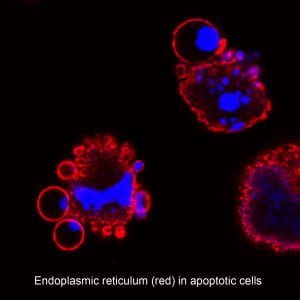
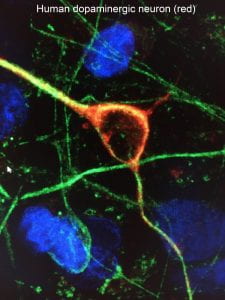 Over recent years we have become particularly interested in the molecular regulation of autophagy. This is an essential process used by cells to recycle damaged or redundant cytoplasmic components, including organelles like mitochondria. They do this to maintain cellular homeostasis and to cope with stress.
Over recent years we have become particularly interested in the molecular regulation of autophagy. This is an essential process used by cells to recycle damaged or redundant cytoplasmic components, including organelles like mitochondria. They do this to maintain cellular homeostasis and to cope with stress.
Autophagy is particularly important for maintaining brain health. To study how autophagy keeps the brain healthy and prevents neurodegenerative diseases, we use human induced pluripotent stem cells (hiPSCs) to generate brain region-specific human neurons and glia to model complex disease processes in the dish. Our current focus is on the role of autophagy in Parkinson’s.
Autophagy also plays crucial roles during development and in tissue homeostasis. We are collaborating with zebrafish researchers to understand how autophagy shapes bones development and helps prevent osteoarthritis.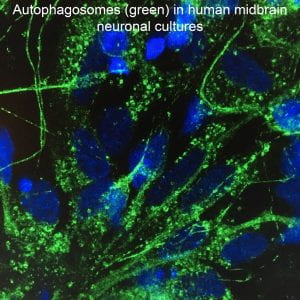
For more information on our research, please follow the “Recent Highlights” link.
Our work is made possible by generous funding from the following Charities and Research Councils:



